Finland's Early Childhood Education model
World-renowned Finnish early childhood education emphasizes viewpoints from the child’s perspective. The Finnish education system has been rigorously tested for decades with outstanding learning results. It combines the best and latest learning philosophies, models, practices with continuous development, to meet the highest standards in education.
Download a free pdf about Finnish ECE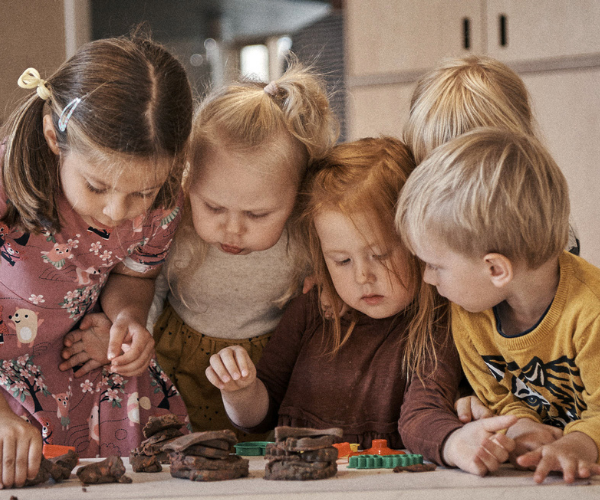
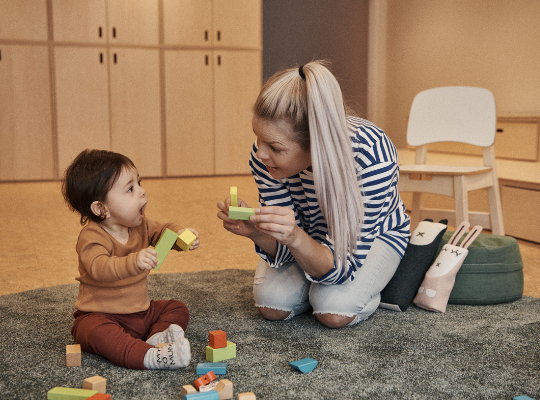
Understanding the phases of development
Research shows that introducing new skills when children are ready to receive them leads to learning, not frustration. The Finnish education system supports children’s learning and development without toxic stress that can come from pushing children to learn too much, too early.
Everybody, not only children, learn best when steered by their own interests. The Finnish education system has very high learning outcomes with purposeful play and nurturing guidance from highly-trained teachers. This way learning becomes fun and productive!
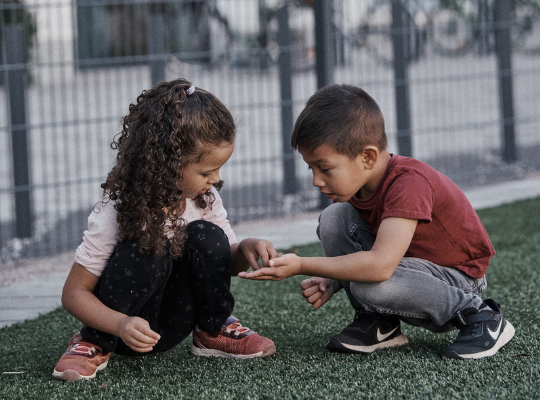
The defining first years
The child’s first 7 years are important years, those defining years that will have a lasting impact on their life. The majority of a child’s brain develops in these early years – defining and shaping that child’s personality, health, cognitive growth and learning capabilities.
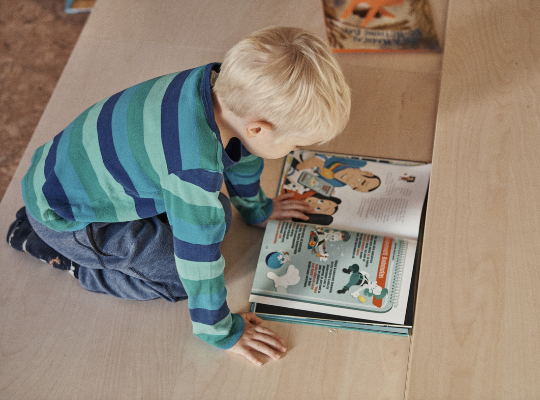
The essential skills for life
At HEI Schools, children are not just learning for school or standardized testing, but they are given a foundation for lifelong learning beyond academic skills. Children are equipped with 21st century competences such as focus, creativity, problem solving, self-expression, self-care, social-emotional, multi-literacy, collaboration, grit and resilience.
More interesting reading can be found on our blog!
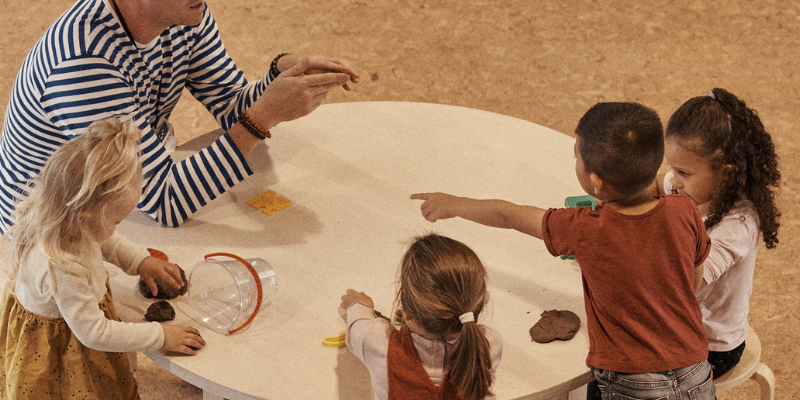
9 types of play-based learning in early childhood education
As a recap in our first blog about play, play may be the most often misunderstood term in early learning. The reason for it relates to its many different forms and misunderstood nature in itself. We adults, educators ...
Read more
We all talk about play, but do we even understand what play is?
A small vocabulary of play Play may be the most often misunderstood term in early learning. The reason for it relates to its many different forms and misunderstood nature in itself. We adults, educators and parents ...
Read more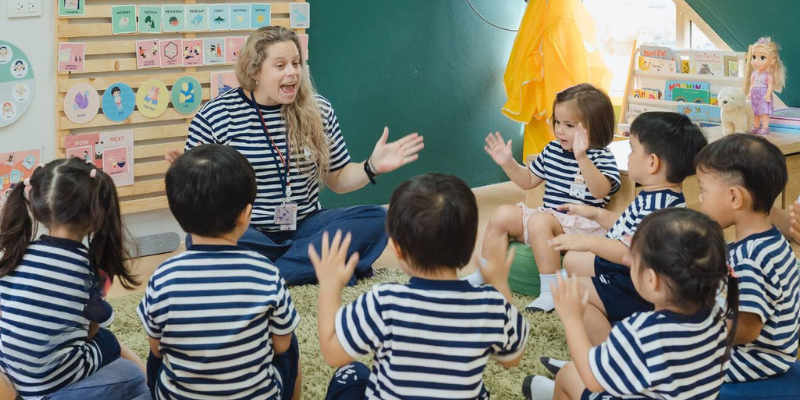
Why Active Participation is important in Early Childhood Education?
Early childhood education is a critical period where foundational skills—intellectual, social, and emotional—are developed. But the key to maximizing a child’s potential during this stage isn’t just about what they’re ...
Read more
